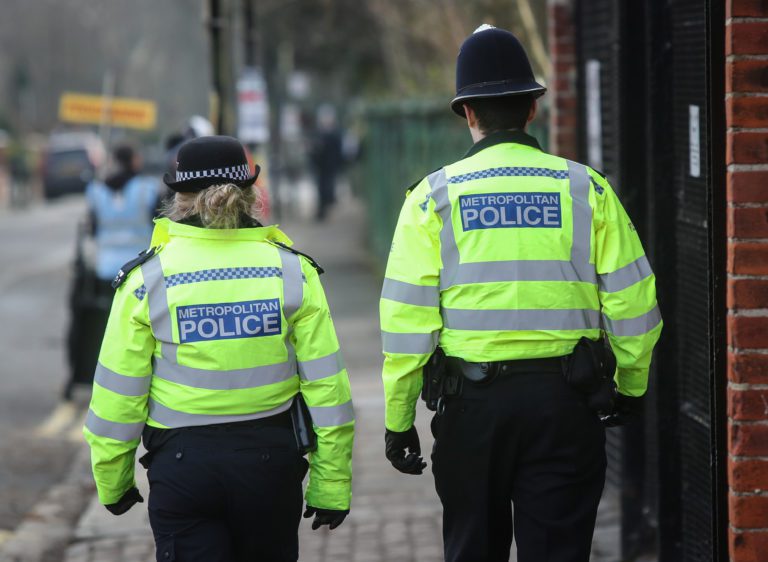
David Spencer
Head of Crime & Justice
This week the former head of MI5, Jonathan Evans, told policing that its problems were down to a “shut up, do what you’re told and salute” culture. He claims that if policing is to overcome its “toxic” culture then a leadership style which is less hierarchical and more open to critique is required.
Given the seemingly endless parade of horrific stories about the criminal and abusive behaviour of police officers, there can be no doubt that policing has a very serious problem. But Lord Evans’ diagnosis and his solution are somewhat awry.
The idea that there is a single homogenous culture of leadership in policing is nonsense. During my policing career there were circumstances when I saw leaders taking an approach that was very close to the archetype that Lord Evans describes. As someone not often reticent in expressing my views, I confess that I didn’t always find those times easy, but it was inescapable that the job got done. At the other end of the scale were occasions when I was expected to articulate my views and challenge the status quo. I remember those times with fondness and am quite sure it was then that I delivered my best for the public. In policing there are circumstances when both types of leadership are required, and indeed everything in between.
Lord Evans also claims there is a “magic circle” of policing which makes it hard for forces to open themselves to scrutiny. British policing however is one of the most scrutinised public services in the world. In normal times forces would expect to be examined by His Majesty’s Inspectorate of Constabulary, the Independent Office for Police Conduct, the Home Affairs Select Committee, Police and Crime Commissioners and of course a vibrant and free press. Currently policing is also the subject of self-imposed examination as part of a review into the Met’s culture by Baroness Louise Casey and a Home Office imposed examination under the auspices of Lady Elish Angiolini.
I cannot help but find an exquisite irony in the claim that the police are unwilling to be the subject of public scrutiny when it is offered by a former Director General of one of our intelligence agencies. I admit to being unconvinced that when he resided in his Thames House office Lord Evans would have been quite so eager to be subjected to the disinfecting light of public scrutiny.
That there has been something rotten at the heart of the Met Police’s Parliamentary and Diplomatic Protection Command, where David Carrick and Wayne Couzens worked, is inescapable. Equally, we can surely agree that it might be unwise for the plucky probationary constable to offer their innovative approach to riot control as the bottles and bricks start to rain down and the Sergeant orders their officers forward.
As government, police chiefs and the public seek to rectify the problems inside policing we shouldn’t hesitate in looking elsewhere for solutions. They may well be found in the recommendations by think tanks such as Policy Exchange, overseas law enforcement agencies or in other fields entirely. But in seeking the solutions to policing’s leadership and cultural problems I am reminded of President Clinton’s statement that, “There is nothing wrong with America that cannot be cured by what is right with America”. Complex cases are solved by detectives with inquiring minds. Men of violence are tackled by police officers of courage. Families are supported through the criminal justice system by liaison officers with endless compassion.
Despite the perma-crisis that policing finds itself in, I continue to believe that there is nothing wrong with policing that cannot be cured by what is right with policing. A new leadership doctrine is needed for British policing. Its creation however must be rooted in policing’s history and the unique role that we ask police officers and police forces to undertake on our behalf. To do otherwise is setting the police up to fail.
David Spencer is the Head of Crime and Justice at Policy Exchange and a former Detective Chief Inspector


